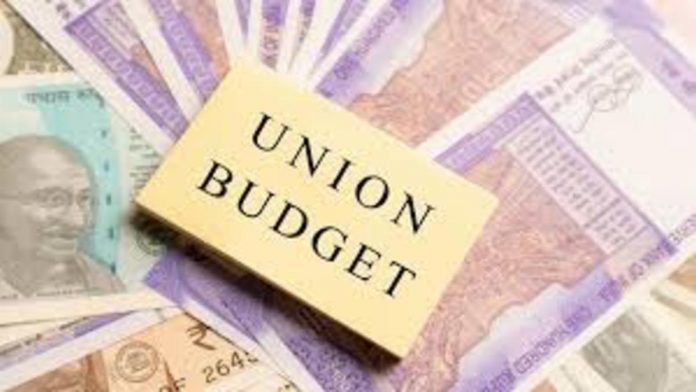Individual taxpayers had high expectations for increases in the basic exemption, standard deduction, and deduction under Section 80C, but nothing has materialised, which has disappointed them in several ways. However, the finance minister recommended in the budget certain small modifications to the income tax legislation that affect individual taxpayers.
Rationalisation of surcharge on long term capital gains
If the taxable income exceeds Rs 50 lakh, an individual or a HUF must pay a surcharge based on their tax due, which is in addition to their base tax liability. The amount of surcharge to be paid is determined on one’s income bracket. The higher the income bracket, the higher the surcharge rate. Currently, the surcharge on long-term capital gains on listed shares and equity-oriented units included in your income is capped at 15%, even if you are otherwise liable to pay a greater surcharge on other income. This 15% cap only applies to one type of long-term capital gain; for the remainder, you must pay a surcharge at the corresponding rate. The finance minister has proposed a 15% levy on all long-term capital gains, regardless of nature.
Benefit for parents/ guardians of physically handicapped person
Currently, Section 80 DD allows a HUF or an individual to deduct insurance premiums paid for a policy purchased for the benefit of a physically impaired person, as well as expenses incurred for such person’s upkeep and training. If any money was paid while the parent or guardian was alive, or if the physically disabled person died before the guardian or parent, the tax benefits were reversed. The Section is proposed to be changed to allow a deduction for an insurance policy that pays out an annuity or a lump sum payment after the parent or guardian dies or reaches the age of 60.
Covid-19 related relief
On June 25, 2021, the government announced specific benefits in relation to monetary assistance obtained for expenses incurred for the treatment of Covid-19, as well as ex-gratia received by family members in the event of a person’s death due to Covid-19. By modifying the law, this has been formalised. As a result, any money you receive, including from an employer, is tax-free in your hands to the extent that it is used to treat Covid-19 for yourself and your family members. Similarly, any money received as ex-gratia by family members from an employer upon an employee’s death is tax-free. If the money comes from someone else, it is tax-free up to Rs 10 lakh in the hands of family members. Money received on death from an employer or others is tax-free only if it is received within 12 months of the person’s death.
Facility to file an updated ITR to offer income not included in the ITR
By the 31st December of the year after the financial year, a person can either file a late ITR or update it. This leaves a very narrow window for persons who haven’t submitted their ITR or haven’t reported all of their income in their ITR to come clean. The introduction of the Annul Information Return (AIS) has caused anxiety in the minds of taxpayers who have been avoiding paying their fair share of tax. Because the government lacks the necessary bandwidth to track and pursue tax payers who have not fully declared their income or have not filed their ITR in cases where the tax impact is minor, it has come up with a novel idea to allow taxpayers to come clean on their own, but at a cost, by uploading an updated ITR and paying the tax within two years of the end of the assessment year before the income tax departments discover it. This is not a low-cost offer. If the updated ITR is given within 12 months (25 percent) or after 12 months but within 24 months (25 percent), those who choose to come clean must pay an additional amount specified in percentage terms of tax and interest payable at the time of providing the ITR (50 percent ).
Higher deduction for employer’s contribution to NPS of state government employees
Employees in the central government are currently entitled to a deduction of up to 14 percent of their pay for employer contributions to their NPS account, whilst employees in the state government and private sector are only entitled to a deduction of up to 10% of their salary. The benefit of a greater employer contribution is now being suggested for state government employees, leaving the rest of the workforce with only 10% eligibility. Such prejudice, in my opinion, is not warranted.




